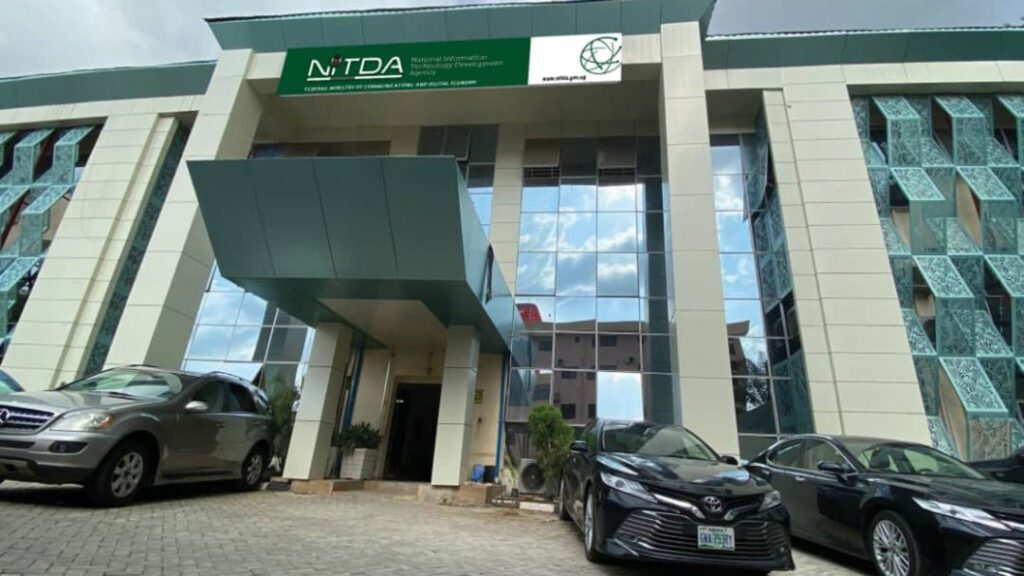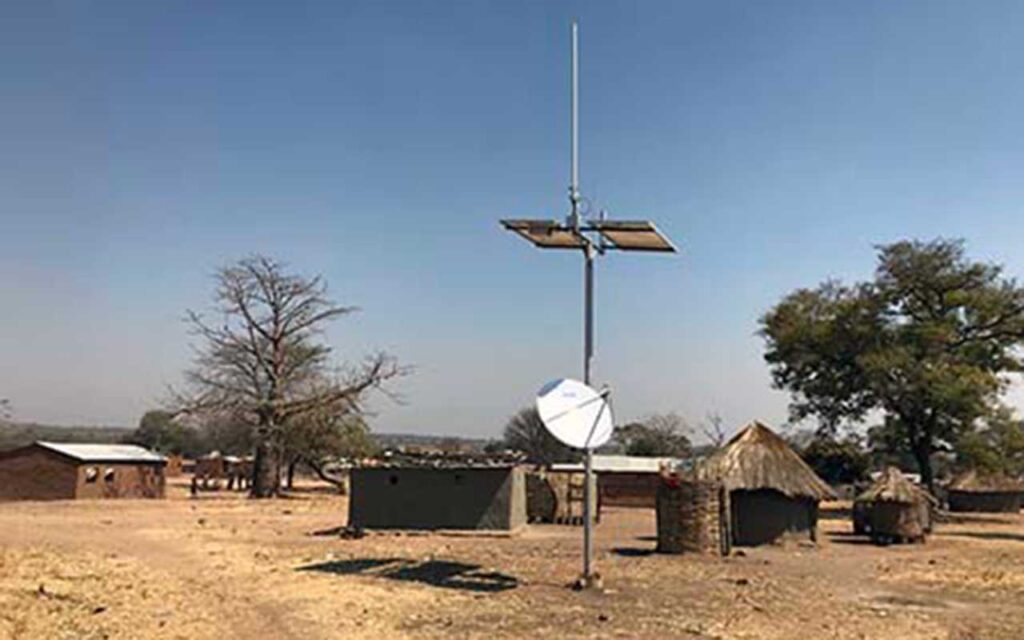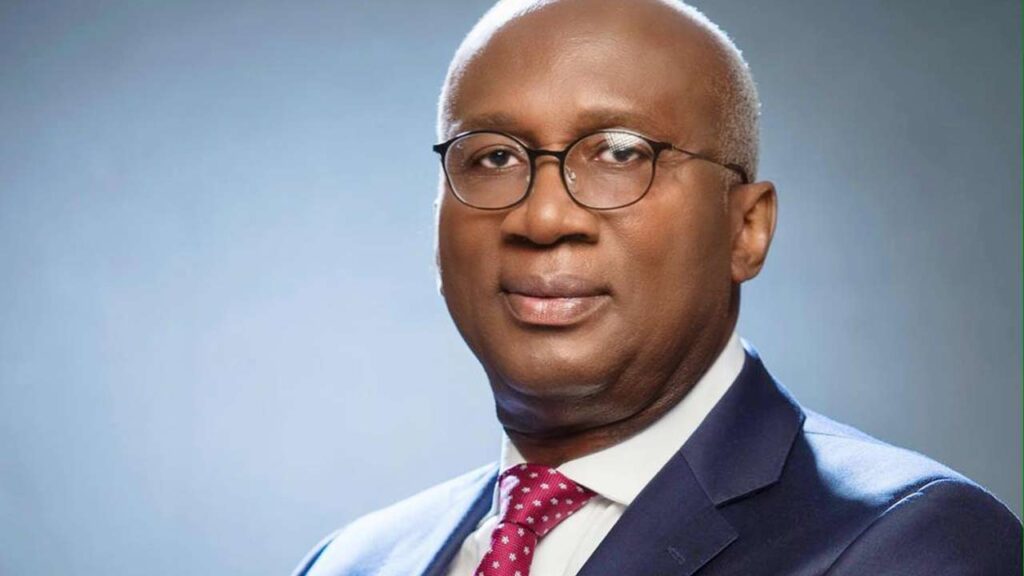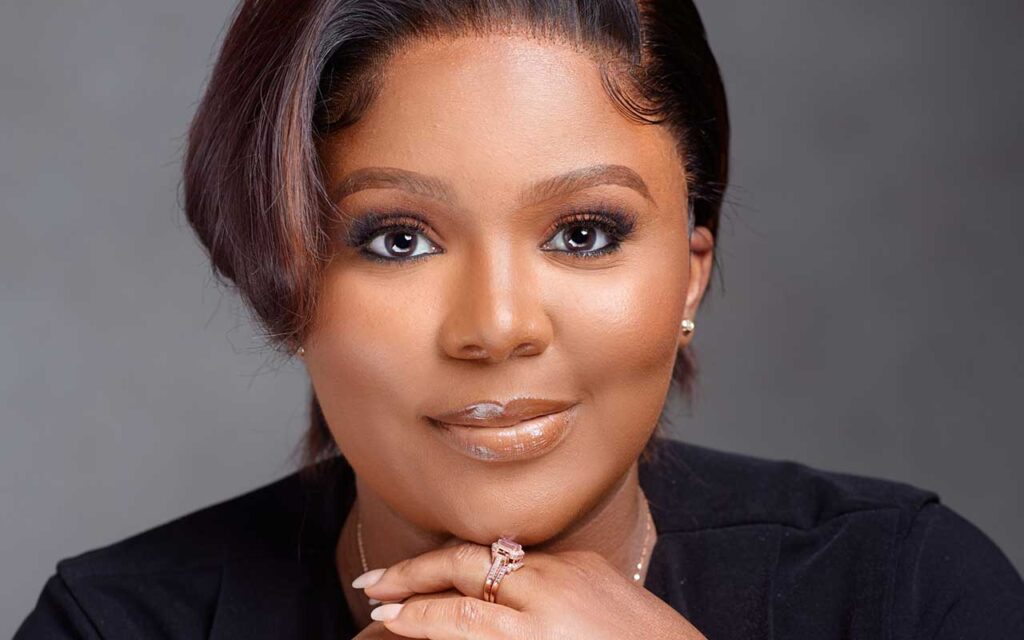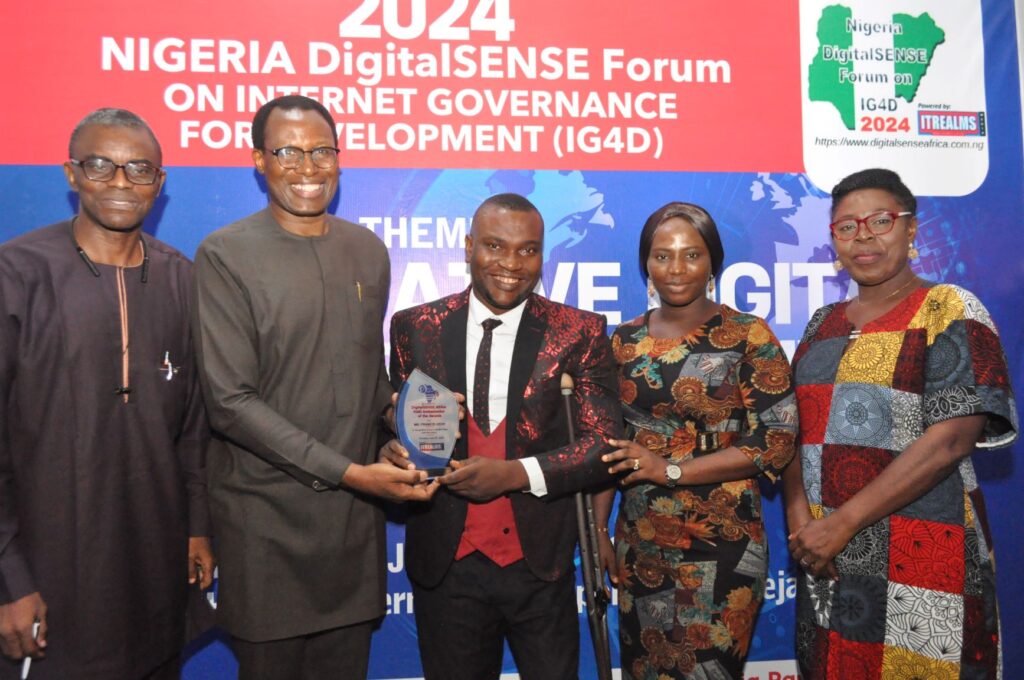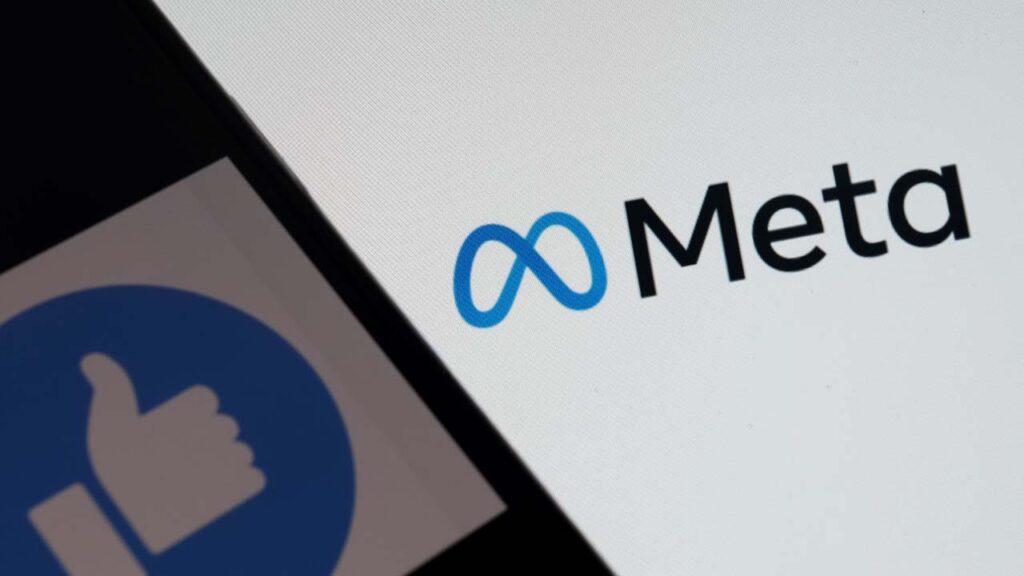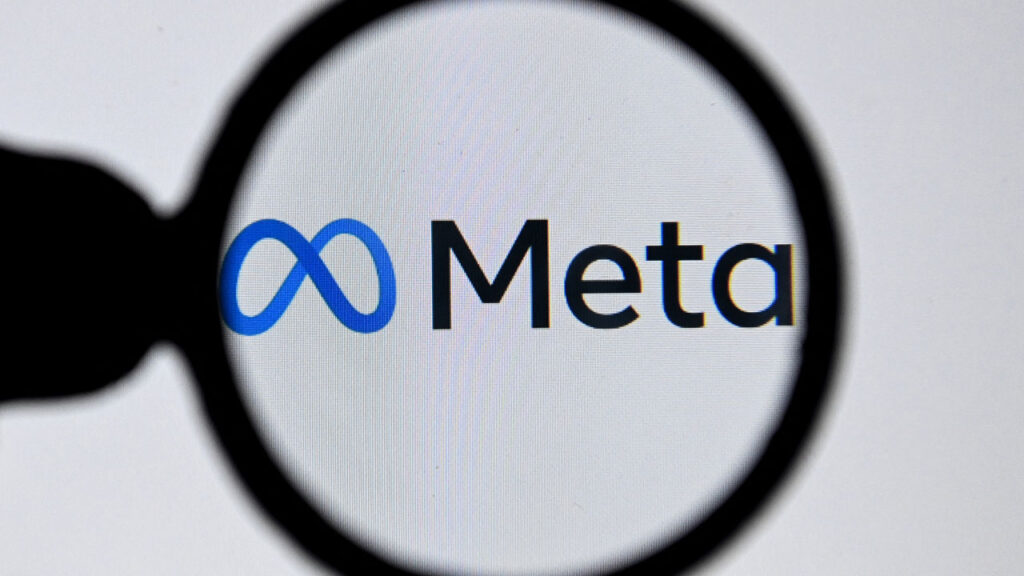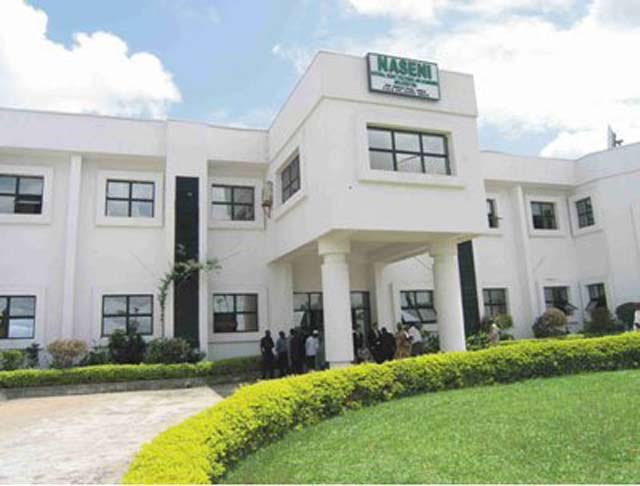
Lucky Uwakwe Arisukwu’s journey from being an oil and gas professional, to becoming a leading Blockchain and Web3 evangelist in Nigeria and Africa as a whole, is a captivating tale of interest, dedication, and passion for emerging technologies. His background was initially in the oil and gas sector, having studied petroleum technology and industrial chemistry in his Bachelor’s degree.
He’s our guest this week in our quest to motivate Africans to join the Blockchain revolution. MoveMint traces his footpath in this space, his contributions, and how he perceives the future of our beautiful continent.
His deep insight into Blockchain utility for the state and business is worth your time. Additionally, it is an inspiration for your journey into Blockchain and decentralized technologies.
Background And Discovering Blockchain
Lucky’s curiosity about Blockchain technology and Cryptocurrencies was piqued when news of Silk Road and Ross Ulbricht broke the Internet in 2013. As he learned over time that the US government was auctioning Bitcoin, he became increasingly curious, knowing that the government would only auction something if it has value.
This period coincided with when he wanted a career change, and the love of emerging tech was the best way for him to go. He became more dedicated and commenced sharing his knowledge with different people and communities in 2015.
Lucky did further courses in the sector from institutions in the US. He moved on to study at the University of Nicosia, Cyprus, as part of the first batch of their Master’s Degree program in Blockchain Technology and Digital Currency.
Outreach And Community Building
In 2016, Nigeria had a sudden influx of Ponzi schemes using Crypto. As an industry leader, he became concerned about how Blockchain and Crypto had become synonymous with Ponzi schemes. He set out to dedicate a substantial part of his time and resources to teach people that Crypto and Blockchain have no relationship with Ponzi schemes like MMM, OneCoin, and co. That effort led to the Central Bank of Nigeria seeking his expertise in 2016 to 2017, to help demystify the distinction around Blockchain technology.
Lucky became the Central Bank of Nigeria’s lead speaker from 2016 to 2017, traveling with them across Nigeria to educate the public about what was happening in Lagos, Abuja, Port Harcourt, and Jos. Lucky, points out a very influential factor in the genesis of building communities in Nigeria:
“It is noteworthy to state that a vital community was formed by Mr. Adeolu Fadele, who happened to be a Cryptographer by training and profession. We came together to build the first Blockchain community, known as Cryptography Development Initiatives of Nigeria (CDIN). It later had the Blockchain Industry Association of Nigeria (BIAN) as one of its arms. CDIN became the first body that gave a wave for all of us to come together as enthusiasts to put more effort around web3/ Blockchain.”
Africa Will Not Be Left Behind
Based on his experience, Nigeria and Africa will not be left behind in this technological advancement. Lucky has found that despite the government being unsupportive through creating deliberate policy that will drive growth in the space, young Africans are self-driven, and want to get involved by every means necessary; irrespective of whether there is an incentive or not.
Lucky, for instance, narrated how he went around Nigeria, and other parts of Africa, to facilitate Blockchain adoption without any incentive from brands or companies. He happily promoted Blockchain brands and products like Bittrex, BitX – now LUNO, Metamask, and LocalBitcoin.
He recounts some of his efforts:
“I paid for Halls, snacks and food, flight from one state to another, and countries, just to share the knowledge and our story in Africa at that time, and many more people have taken such an approach of giving back to the continent through one form or the other. With this mindset, it is hard for this technological advancement to leave such a continent behind.”
In fact, the Blockchain pioneer signed people up on some of these platforms as early as 2015 and 2016, despite not having any direct affiliation with them. Lucky, the CEO of Sabi Group, and a founding team member of Wakanda INU, acknowledges that with the proper knowledge, Africa can overcome misinformation about Blockchain-related technologies.
Policy And Challenges Of Transition
Lucky maintains that with little government support, Africa will not be left behind. In Blockchain/Web3, African governments may have yet to make direct policy, but they have also not stifled the growth where private companies can thrive.
Lucky disagrees that it is a considerable challenge for African companies to transition from Web2 to Web3, because at the core of this technology is the same technology that governs web2. Any tech-inclined person can easily transition with little training.
Nonetheless, what he sees as a challenge is that Web2 entities in Africa need to be better informed about the industry other than the Crypto aspect of things in web3. Education is the most promising means of transforming from Web2 to the Internet of Ownership.
He predicts:
“The future of policy on the continent is bright, and no continent can best implement Blockchain other than Africa. We have less to lose if things go wrong and more to gain if things go right with technology. We have fewer legacy systems or legacy infrastructure compared to other continents around the world.”
The future, Lucky asserts, has no other direction than to support spontaneous order. It is in Africa’s best interests for governments to stimulate a self-regulatory policy (SRP), which is already in play in Nigeria, South Africa, Kenya, Cameroon, Ghana, Egypt, Tunisia, Rwanda, etc.
What Stands In The Way of Adoption
According to him, the obstacle to adoption in Africa is the hypocrisy of those in power. Our politicians’ campaign on promises of improving the economy and life of the people, yet overlook opportunities like the Blockchain that presents us with transparency and efficiency.
Conscious efforts by both national governments and regional bodies will drive penetrations.
Lucky urged:
“I’m calling on the African Union and all member states to use ACFTA as an opportunity to adopt the Blockchain technology for the purposes of transparency, efficiency, and the security of trade. The AU and other regional bodies like ECOWAS, SADC, EAC, and others should push for a policy framework that will guarantee nothing stands in the way of emerging technologies.”
Again, Lucky supports adopting use cases like governance, voting, agriculture, ownership records management, logistics, supply chain, etc. Irrespective of the sluggish efforts towards fostering adoption, the CEO of Sabi Group commended countries like Botswana, South Africa, Kenya, and Nigeria for their gradual proactive policy measures.
Conclusion
Lucky’s effort, among others, made Nigeria a hotspot for many Web3 projects related to Africa. This is a result of having done the initial bumpy work, and having tiled the ground to set the foundation and community on which various Web3 can run or build a more prosperous business.



